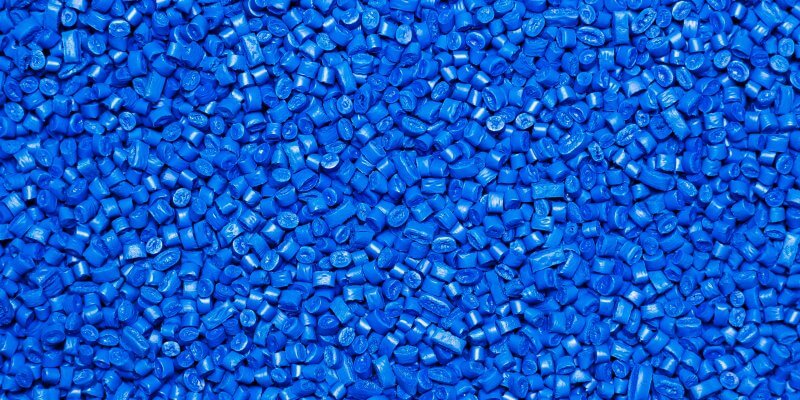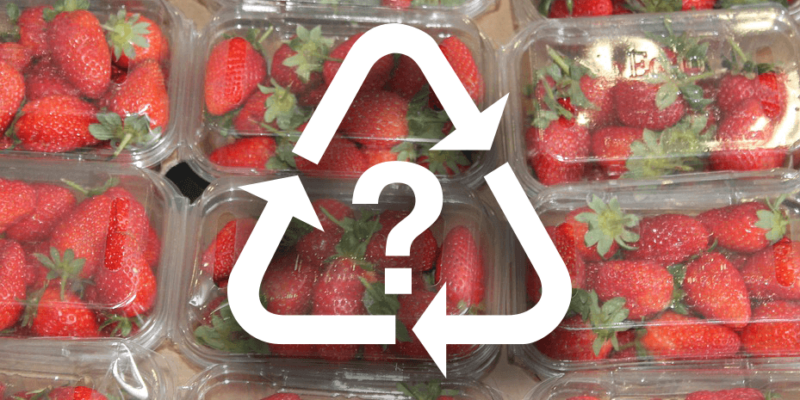What is advanced recycling?
Advanced recycling includes a variety of technologies that create new, high-quality plastics out of used plastic products. Advanced recycling enables us to recycle more types of plastics, including traditionally “hard to recycle” plastics that traditional, or mechanical, recycling programs can’t accept (e.g., medical waste). These technologies break down solid plastic to the molecular building blocks to be remade into brand new plastic for use in a variety of plastic products and packaging.
How does advanced recycling differ from mechanical (traditional) recycling?
Both advanced recycling and mechanical recycling are techniques for turning plastic waste into usable materials, but their approaches are different.
Although technologies vary, many of the advanced recycling facilities in the United States use pyrolysis to heat used plastics in a no-oxygen environment, which breaks down the solid material into liquid or gaseous raw materials that can be used to remake plastics or products for other industries.1 Other processes include gasification and depolymerization technologies, among others.
Advanced recycling is complementary to mechanical recycling methods that are effective at recycling certain types of plastic containers. Mechanical recycling processes plastic waste into secondary raw materials or products without significantly changing the material’s chemical structure.2 Unfortunately, plastics recreated through mechanical recycling cannot be readily incorporated into certain highly regulated applications, and mechanical recycling is limited in its ability to process flexible plastics (e.g., films, pouches and wraps). Advanced recycling by contrast allows more types of used plastics to be recaptured and remanufactured into a greater variety of new plastics and products.
How will advanced recycling increase the ability to recycle hard-to-recycle plastics?3
Multiple advanced recycling technologies can process hard-to-recycle plastics that cannot feasibly be recycled through traditional methods. These advanced recycling technologies create raw materials that can be remade into new plastics and products that can be used in medical, pharmaceutical, and food applications. Plastics made using these technologies can meet U.S. Food & Drug Administration (FDA) requirements for medical/pharmaceutical/food packaging that traditional, mechanically recycled plastics often cannot.
How are plastic products made through advanced recycling technologies being used?4
Many consumer goods companies are using plastics that have been certified through advanced recycling technologies in their packaging products, including:
- Fast food restaurant Wendy’s has transitioned from paper to plastic cups made partially with plastics from advanced recycling.
- P&G’s Herbal Essences use plastics made from advanced recycling in some of its hair care bottle collections.
- Snack food manufacturer Mondelez International uses “recycled material from innovative advanced recycling technology” in some of its Philadelphia Cream Cheese plastic containers.
- Unilever is using “circular polymers” in some of its Magnum ice cream plastic tubs.
How does advanced recycling help advance sustainability?5
Advanced recycling technologies contribute to the drive toward sustainability and are key to meeting circularity goals while keeping plastics out of landfills and the environment.
Implementation of advanced recycling can:
- Reduce fossil energy use by 97 percent compared to landfilling.
- Use lower cost raw materials (used plastics) to create higher value products (new plastics) while also improving sustainability.
- Reduce CO2 equivalent emissions compared to today’s typical end-of-life processes, such as landfill and waste-to-energy, by more than 100 percent.
Sources
- America’s Plastic Makers: Advanced Recycling: Remaking Plastics to Meet Sustainability Goals
- Plastics Europe
- America’s Plastic Makers: Report: Advanced Recycling of Plastics Reduces Greenhouse Gas Emissions, Fossil Energy Use
- America’s Plastic Makers: Advanced Recycling: Remaking Plastics to Meet Sustainability Goals
- America’s Plastic Makers: Report: Advanced Recycling of Plastics Reduces Greenhouse Gas Emissions, Fossil Energy Use




